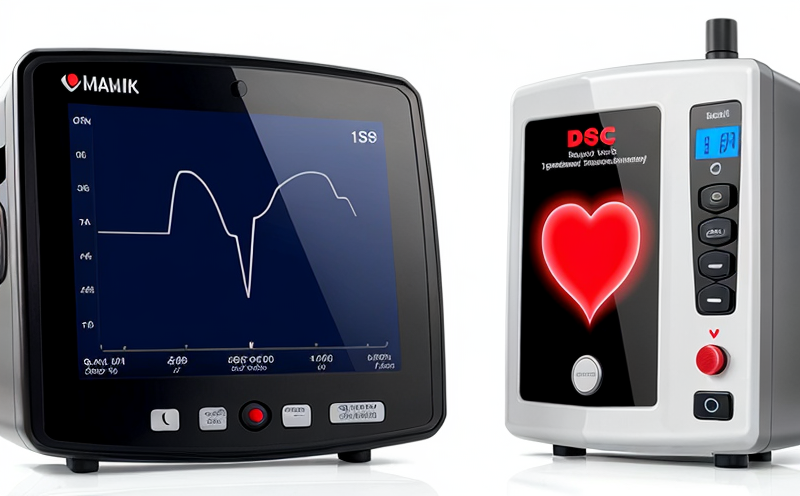ISO 5840 Transcatheter Heart Valve Durability Testing
The ISO 5840 standard specifies the method for determining the durability of transcatheter heart valves (TAVs), which are devices designed to replace damaged or dysfunctional heart valves through minimally invasive procedures. These valves are crucial components in modern cardiovascular interventions, and ensuring their reliability is paramount.
Transcatheter heart valve testing under ISO 5840 involves evaluating the mechanical performance of TAVs over time, simulating real-world conditions to predict long-term durability. This test ensures that the valve can withstand repeated cycles of opening and closing, as well as the stress induced by blood flow, without failing.
The procedure typically follows these steps:
- Specimen preparation: The TAV is mounted on a testing rig designed to simulate physiological conditions.
- Cycle loading: The valve undergoes repeated cycles of opening and closing at specified frequencies and pressures.
- Data recording: Various parameters such as stress, strain, and fatigue are continuously monitored during the test.
The ultimate goal is to ensure that the valve maintains its structural integrity and operational performance over a predetermined number of cycles or time period. Compliance with ISO 5840 is essential for regulatory approval and market entry, making this testing critical for manufacturers of cardiovascular devices.
Understanding the intricacies of this test requires familiarity with both the physical properties of the valve materials and the physiological demands placed on it during operation. The tests are designed to replicate the most challenging conditions that a TAV might encounter in vivo, ensuring robust performance under stress.
The standard also considers the potential influence of factors such as temperature, humidity, and other environmental variables that could affect the durability of the valve. By adhering to these stringent criteria, manufacturers can ensure their products meet global quality standards and gain acceptance in diverse regulatory environments.
Applied Standards
The ISO 5840 standard is primarily derived from ISO 13482-9, which provides specific guidelines for the durability testing of cardiovascular devices. This standard is complemented by other international standards such as ISO 13482-6 and ASTM F2788, which offer additional insights into material properties and testing methodologies.
These standards are crucial in ensuring that the testing process is both reproducible and reliable across different laboratories and jurisdictions. By following these guidelines, manufacturers can demonstrate compliance with global regulatory requirements, thereby facilitating easier market access.
The application of ISO 5840 goes beyond mere testing; it plays a vital role in the entire product development lifecycle. From initial design through to final approval, this standard helps ensure that every aspect of the valve is thoroughly tested and validated for durability.
Eurolab Advantages
At Eurolab, we pride ourselves on providing comprehensive testing services tailored specifically to meet the demands of the medical device industry. Our ISO 5840 Transcatheter Heart Valve Durability Testing service is no exception.
Our state-of-the-art facilities are equipped with advanced testing machines capable of simulating real-world conditions, ensuring accurate and reliable test results. With experienced technical staff trained in the latest methodologies, we offer a seamless testing process from initial consultation to final report generation.
We also provide detailed reports that include all relevant data points collected during the testing process, along with expert analysis tailored to your specific needs. Our services are designed to help you meet not only ISO 5840 standards but also other regulatory requirements such as FDA and EU directives.
Why Choose This Test
- Ensures compliance with international standards, enhancing product reliability.
- Provides critical data for optimizing valve design and improving performance.
- Aids in identifying potential weaknesses before commercial release.
- Simplifies regulatory approval processes by providing robust test results.
- Promotes consistent quality across different manufacturing batches or lots.
The ISO 5840 test is indispensable for ensuring the long-term durability and safety of transcatheter heart valves. By choosing this test, you ensure that your product meets the highest standards of quality and reliability, thereby protecting patient health and well-being.





